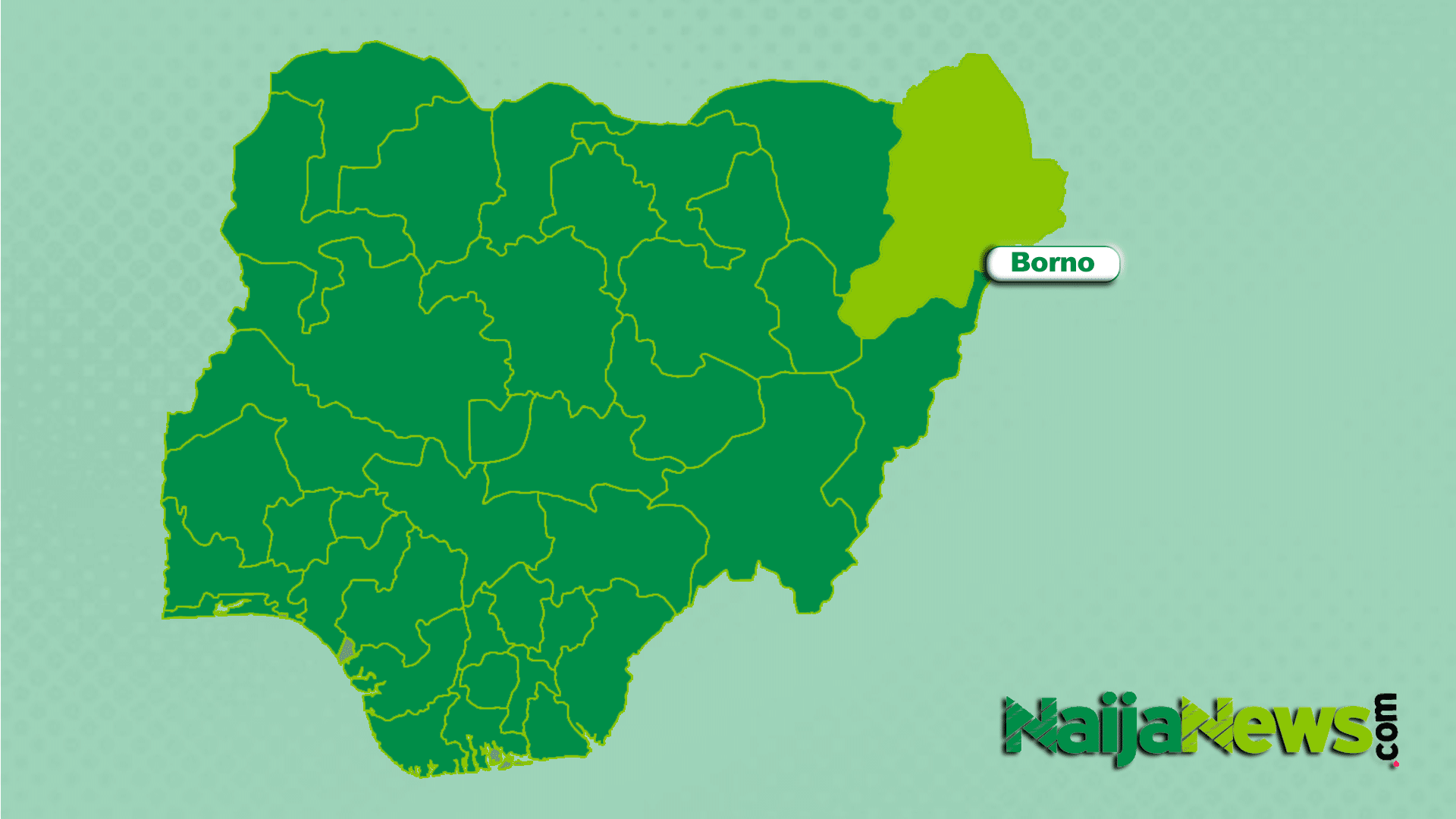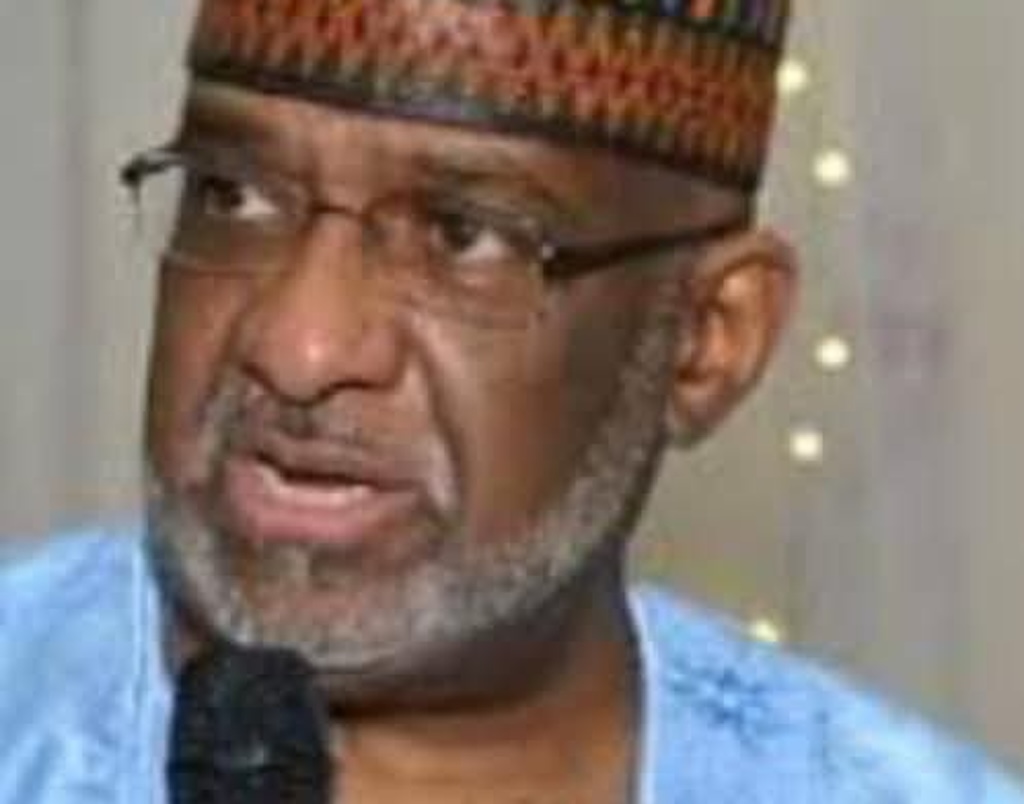The world of American late-night television has once again become a battleground for debates on free speech, political influence, and the rights of media professionals. Recently, the indefinite suspension of “Jimmy Kimmel Live” following the host’s comments about the late conservative activist Charlie Kirk has ignited significant controversy, sparking conversations across the United States and beyond, including right here in Nigeria and West Africa, where issues of press freedom and government intervention are deeply relevant.
Former U.S. President Barack Obama has entered the fray, openly criticizing the suspension and warning of its wider implications. In a statement shared on X (formerly Twitter) on Thursday, Obama described the move as a dangerous encroachment on free speech and an example of escalating “cancel culture” purportedly driven by the current U.S. administration under President Donald Trump.
Obama wrote, “After years of complaining about cancel culture, the current administration has taken it to a new and dangerous level by routinely threatening regulatory action against media companies unless they muzzle or fire reporters and commentators it doesn’t like. This is precisely the kind of government coercion that the First Amendment was designed to prevent — and media companies need to start standing up rather than capitulating to it.”
This latest episode began when ABC, a television network owned by global entertainment giant Walt Disney, announced the suspension of “Jimmy Kimmel Live” on Wednesday. The decision reportedly came after threats of a federal investigation into Kimmel’s controversial remarks regarding the death of Charlie Kirk, a prominent conservative activist and close ally of President Trump. Kirk was fatally shot on September 10 while participating in a debate at a university in Utah — an event that itself drew international attention for its tragic result and the charged political environment surrounding it.
In his Monday night broadcast, Kimmel addressed the issue, accusing some of Kirk’s supporters of exploiting his assassination to “score political points.” This statement drew sharp criticism from conservatives and allies of the U.S. President, subsequently prompting at least one local ABC affiliate to halt broadcasts of Kimmel’s show even before the network issued its formal suspension announcement.
Human rights organizations, media watchdogs, and free speech advocates have since joined the discussions, claiming that the suspension represents a worrying trend towards censorship and governmental overreach. According to the Committee to Protect Journalists, the principle of editorial independence is foundational to a functioning democracy, and any government action that appears to pressure or penalize media voices risks setting a disturbing precedent both domestically and internationally.
Implications for Nigeria and West Africa
The debate resonates strongly in countries such as Nigeria, Ghana, and across West Africa, where journalists and content producers face similar pressures. There have been repeated calls for greater protection of press freedom, especially in situations where political or corporate interests clash with journalistic independence. According to a Lagos-based media analyst, “What happens in the U.S. often influences policy and public sentiment in Nigeria. We must remain attentive to how global trends can shape domestic media practice, especially with increased digital penetration and pan-African audiences.”
Recent incidents in Nigeria — from alleged attempts to regulate online content, to the government’s temporary suspension of Twitter in 2021 — highlight the enduring tension between authority and expression. For many Nigerian and West African media houses, the American controversy surrounding Jimmy Kimmel and the federal response serves as a warning about the delicate balance between state interests and press rights.
Media Companies and Their Response
ABC’s decision to suspend the show has divided public opinion. Some argue that networks have a responsibility to uphold certain standards and respect the sensitivities of audiences, especially following incidents involving violence or loss of life. Others maintain that backing down under government threat undermines the integrity of free media. An Abuja-based communications lecturer pointed out, “It’s the duty of the media to question power and push boundaries. If global giants like ABC can be pressured into silencing voices, regional broadcasters may face even greater risks with less capacity to resist.”
For context, the First Amendment to the U.S. Constitution explicitly prohibits government interference with freedom of expression or the press. While American networks operate within a robust legal framework protecting these rights, critics claim that informal or implied threats — for example, suggestions of regulatory action or investigations — can have a chilling effect even in the absence of direct legal compulsion. In Nigeria, constitutional guarantees exist for free speech, but these are frequently tested by both overt and covert pressures, often without the same legal recourse available in the U.S.
Comparisons with Past Incidents
This is not the first time political pressure has intersected with media operations, either in the U.S. or Nigeria. Nigerians still recall the fierce debate around the government’s attempt to regulate social media platforms and the 2021 order for TV and radio stations to suspend using Twitter. Although some measures were quickly reversed following public outcry and international criticism, these events underline how media organizations often struggle to balance government demands with journalistic independence.
Globally, high-profile suspensions and threats of regulatory action have had a profound impact on the media landscape. According to the Reporters Without Borders (RSF) 2023 World Press Freedom Index, press freedom has been on a steady decline in many parts of Africa. Nigeria ranks 123rd worldwide, reflecting the barrage of legal and extralegal threats facing journalists, editors, and commentators — not unlike controversies brewing in more established democracies.
How the Conversation Affects Everyday Africans
For many Nigerians and Ghanaians, debates happening thousands of kilometers away may seem distant. Yet, they carry meaningful lessons. Social commentator and activist, Funke Akanji, notes, “When we see powerful media voices silenced in America, it sends a message that nobody is truly beyond reach. We must defend free speech, not only as a professional right, but a social necessity for all citizens.”
In our region, concerns about press freedom have direct implications for transparency, democracy, and societal progress. Nigerian media, like their American counterparts, play a critical role in informing the public, holding leaders accountable, and providing a platform for diverse voices — all in the face of recurring threats, both overt and subtle.
Balancing Sensitivity and Free Speech
At the heart of this drama lies an enduring question: where should society draw the boundary between sensitivity to tragic events and the public’s right to hear a range of opinions, even if controversial? While some Nigerians support curbs on inflammatory or disrespectful speech, many caution against extending these limits too far, warning that the same rules could be used to suppress legitimate criticism or dissent. As the debate unfolds globally, it becomes clear that the consequences could shape media policy not just in Western countries, but throughout Africa as well.
Conclusion: What Next for Press Freedom?
The ongoing controversy over the suspension of “Jimmy Kimmel Live” has placed media ethics, political influence, and regulatory frameworks under the microscope. As leaders, citizens, and industry professionals debate their roles and responsibilities, the outcome is certain to influence media practice from Lagos to Los Angeles. As West Africans, we must watch closely — not only as observers, but as participants in shaping the future of our own freedom of expression.
Do you believe Nigerian and African media organizations should take inspiration from global debates on press freedom, or does our context require unique solutions? What’s your own take on where to draw the line between sensitivity and free speech? Drop your comments below and follow us for more updates.
For general support, reach out at support@nowahalazone.com.
Join our community on Facebook, X (Twitter), and Instagram for in-depth news, opinions, and behind-the-scenes updates!









